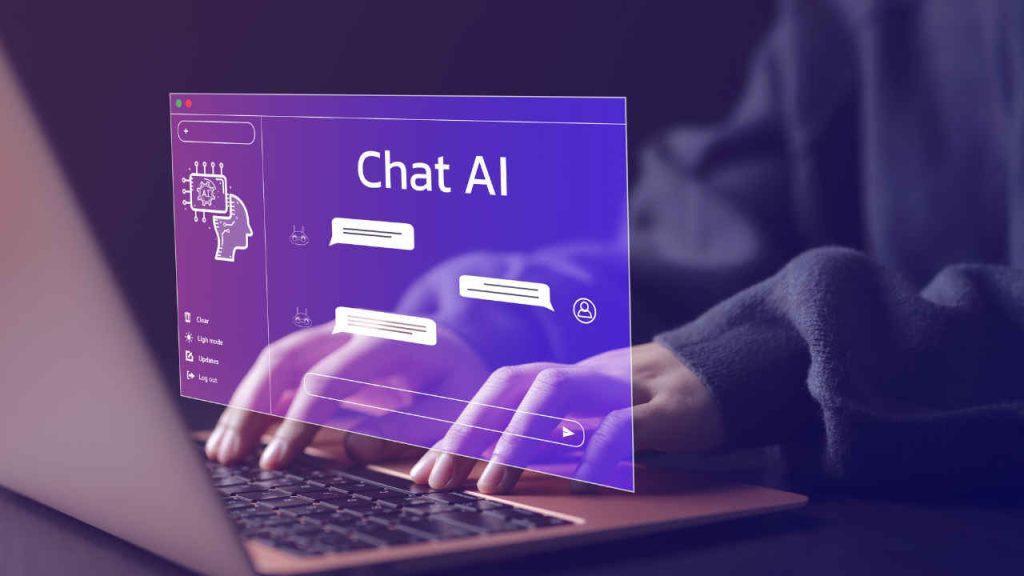Whether it’s drafting an email, summarising a long article, or finding just the right words for an essay, ChatGPT has become our go-to tool. It makes our work quick, convenient, and often impressively accurate. But a new study from MIT’s Media Lab has raised a serious question: is our growing reliance on AI tools making our brains lazier?
The research was conducted on 54 participants aged between 18 and 39 years. Split into three groups, they were asked to write an SAT-style essay using ChatGPT and Google Search, while a third group relied solely on their own brainpower without any digital assistance. As they were writing, researchers monitored their brain activity using EEG headsets, and the findings are not very pleasing for AI enthusiasts.
The one taking help from ChatGPT showed the lowest brain activity across 32 regions. Not only that, but their essays were described as “soulless,” and their creativity, attention, and effort declined with each new task. By the final round, many participants were simply pasting prompts into ChatGPT and copying the answers with minimal editing. Their brainwaves reflected their mental capability.
On the other hand, those who wrote without using any tools showed the highest engagement, particularly in terms of imagination, focus, and memory. They also reported feeling more satisfied with their work. Even the group using Google Search performed better cognitively than those relying on ChatGPT. This also suggests that navigating through information still stimulates the brainwaves more than using AI.
Also read: Motorola Edge 50 now available with Rs 11,000 discount on Flipkart
Lead researcher Nataliya Kosmyna says the findings were urgent enough to release before peer review, especially since AI tools are being considered to be taught in schools. “I’m afraid someone will say, ‘Let’s do GPT kindergarten,’” she said. “That would be detrimental. Developing brains are at the highest risk.”
What’s even worse is that when participants using ChatGPT were later asked to rewrite one of their earlier essays without any help, they struggled to remember what they’d written. “It was efficient,” Kosmyna said, “but nothing was integrated into their brains.”
Researchers conclude that while AI boosts quick productivity, it may hurt long-term learning and brain development.

